Congressional oversight of executive agencies is like a watchful parent—it checks up on the executive branch to keep it in line. Through hearings, investigations, and subpoenas, Congress digs into what the executive is up to. They guarantee taxpayer dollars are spent wisely and that the law is followed. With the power to impeach, they don't hold back when action is needed. If you think this is just a bureaucratic snooze-fest, stick around for the juicy details.
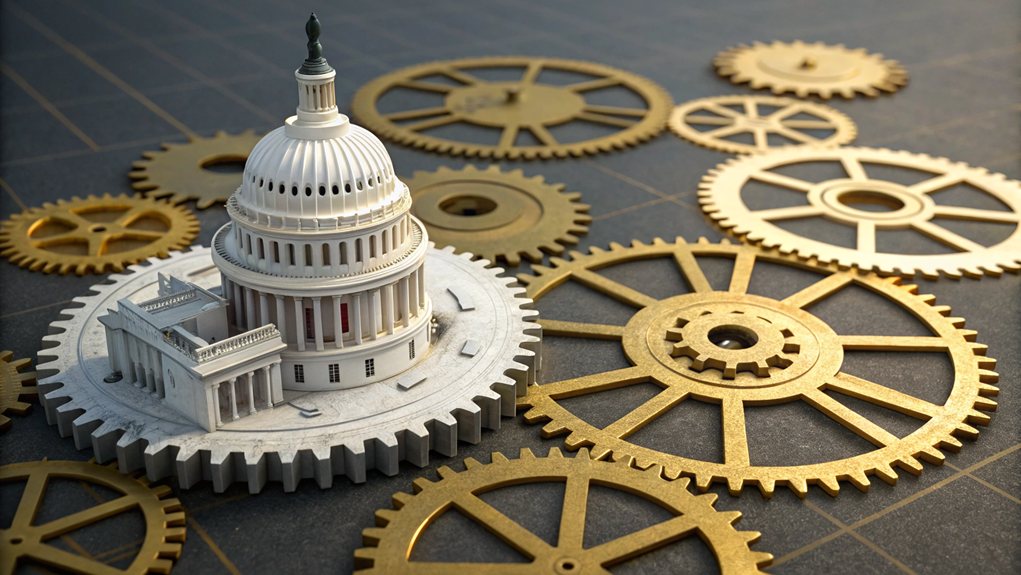
When it comes to keeping the executive branch in check, Congress has a few tricks up its sleeve, and let's be honest, it's about time. Oversight is like the watchdog of democracy, barking at missteps and keeping the big shots in the executive branch on their toes. This isn't just a game; it's backed by the Constitution. Yeah, Congress gets its power to oversee from that old document, particularly when it comes to appropriating funds, making laws, and impeaching officials. Talk about a safety net!
Laws like the Legislative Reorganization Act of 1946 help solidify this oversight role. Thanks to chamber rules, committees are practically required to conduct oversight. Who knew rule-following could be so essential? And don't forget, the Supreme Court has given the thumbs up to Congress's investigative powers, of course with a nod to civil liberties. Checks and balances? More like checks and "hey, wait a minute!" One of the critical oversight mechanisms is the confirmation process, ensuring that key officials appointed by the executive align with legislative intentions and public interest.
So, how does this oversight thing actually work? Special and standing committees plunge into investigations, all while appropriations hearings keep tabs on the executive branch's spending habits. Budget reviews? Yup, Congress is checking to guarantee the executive isn't running amok with taxpayer dollars. And let's not overlook impeachment proceedings; they're the ultimate "you're outta here" card.
Inside Congress, standing committees and specialized select committees are the heavy hitters. They focus on specific issues, while subcommittees zoom in on particular aspects of executive operations. And hey, there's also a whole team of support agencies like the Government Accountability Office and the Congressional Research Service, ready to provide backup. Federal agencies and offices play a crucial role in supporting congressional oversight by investigating, auditing, and providing analysis. Additionally, oversight is designed to ensure compliance with legislative intent, which is essential for maintaining the rule of law and accountability in government.
Techniques? They've got plenty! Hearings, subpoenas, resolutions of inquiry—Congress doesn't shy away from asking tough questions. Whistleblower protections? Absolutely. We can't have government employees fearing for their jobs just because they want to spill the tea on executive wrongdoing.
In the end, oversight is Congress's way of keeping the executive branch in line, and frankly, it's about time someone did.
Frequently Asked Questions
What Are the Main Goals of Congressional Oversight?
Congressional oversight has some pretty straightforward goals.
First, it's all about accountability. They make sure execs don't just do whatever they want.
Then there's efficiency—who doesn't want government programs to work well?
They also want to stick to the law and protect people from too much government power.
Oh, and let's not forget about managing resources.
How Often Does Congress Conduct Oversight Hearings?
Congress conducts oversight hearings pretty regularly, but the frequency is all over the place.
Sometimes they're on a roll, especially since the 1970s, with non-legislative hearings popping up like weeds. Other times, it's a ghost town.
Committees fluctuate in their activity, making it a mixed bag.
And let's be real—executive branch officials don't always show up, which is just perfect for a good game of hide and seek.
Oversight? More like a sometimes thing.
Who Initiates Oversight Investigations in Congress?
Oversight investigations in Congress? Well, surprise! They usually start with congressional committees.
These folks have broad authority and like to poke around in executive agencies' business. Individual members can jump in too, thanks to public pressure or personal agendas.
Committee chairs decide what's hot and what's not. And if the media is buzzing about something, watch out! That can kick things into gear.
It's all about keeping the executive branch in check, folks.
Can the Public Participate in Congressional Oversight?
Yes, the public can jump into the fray of congressional oversight. They can attend hearings, give written testimony, or even speak up during public comment periods.
It's like a democratic buffet! But wait—there's a catch. Access can be limited, and time slots are often tighter than a pair of skinny jeans.
Plus, not everyone has the resources to make their voices heard. Still, when they do, it can spark real change.
What Happens if an Agency Refuses to Cooperate With Congress?
When an agency decides to play hardball and refuses to cooperate with Congress, things can get messy.
Congress can flex its muscles with subpoenas, and if that doesn't work, they might drag the agency into court.
Contempt charges? Oh, they're on the table too.
And if all else fails, Congress can threaten to cut funding. Nothing like budget cuts to get an agency's attention!
It's a game of power, and Congress isn't backing down.
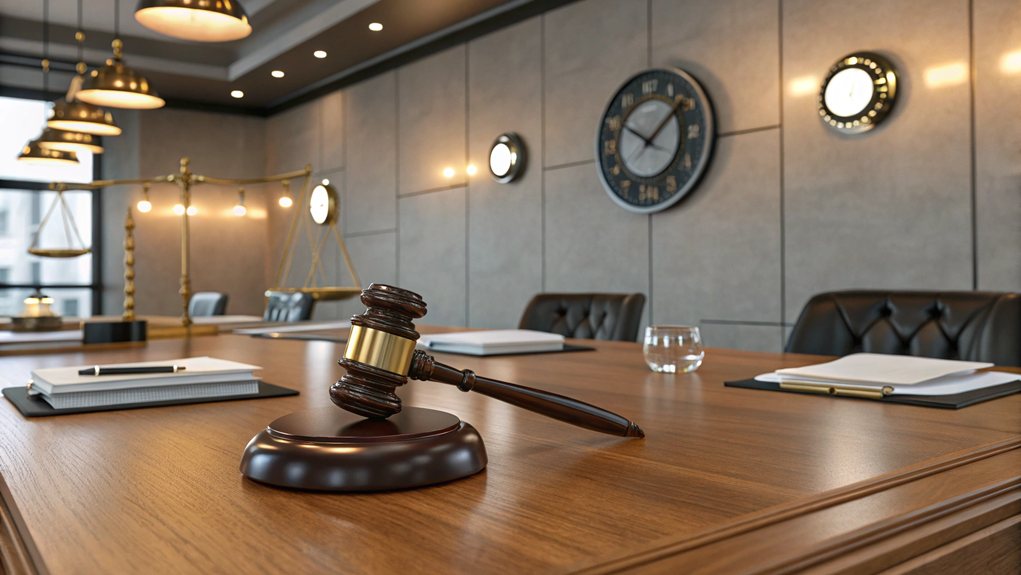
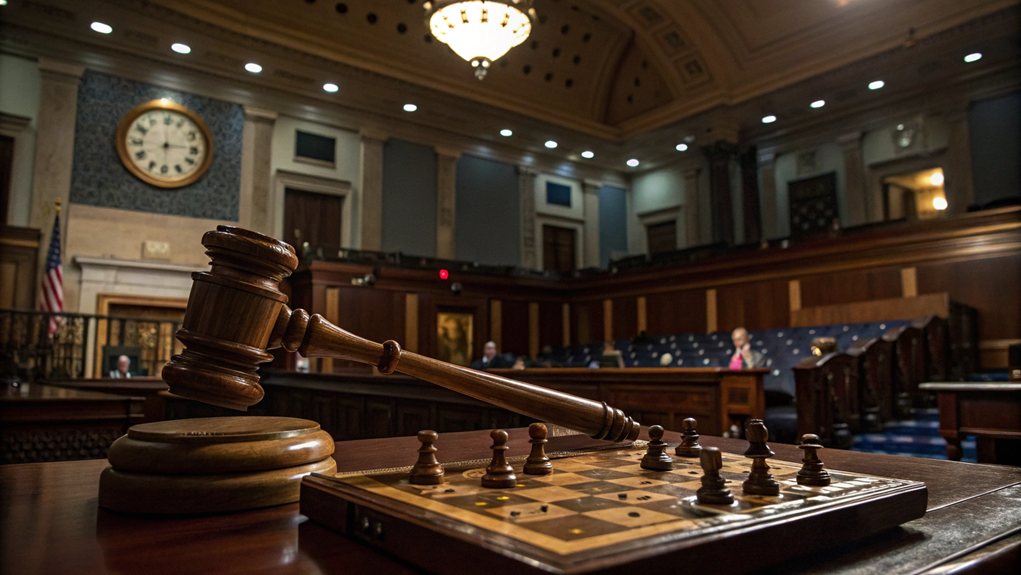
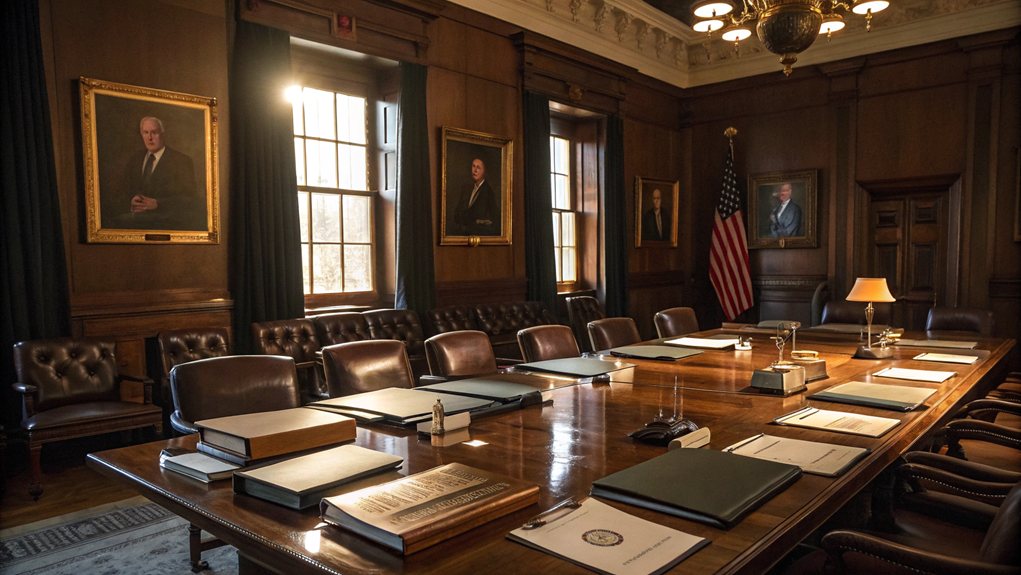
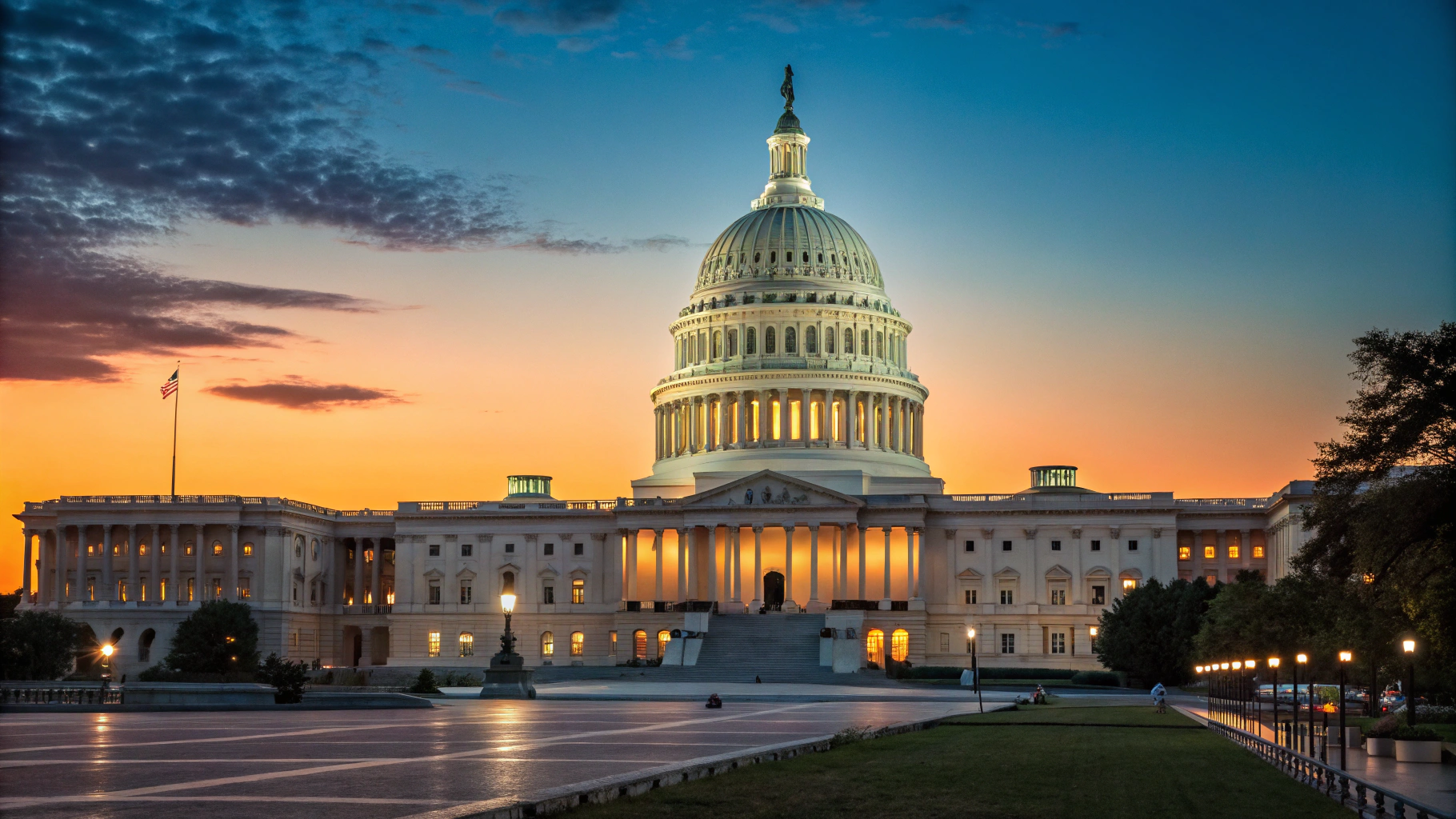
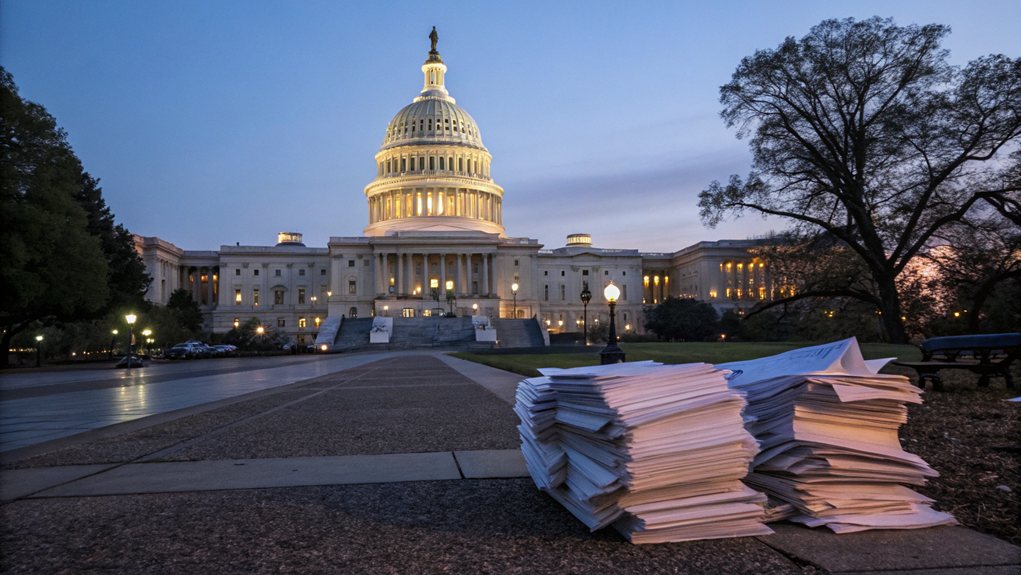
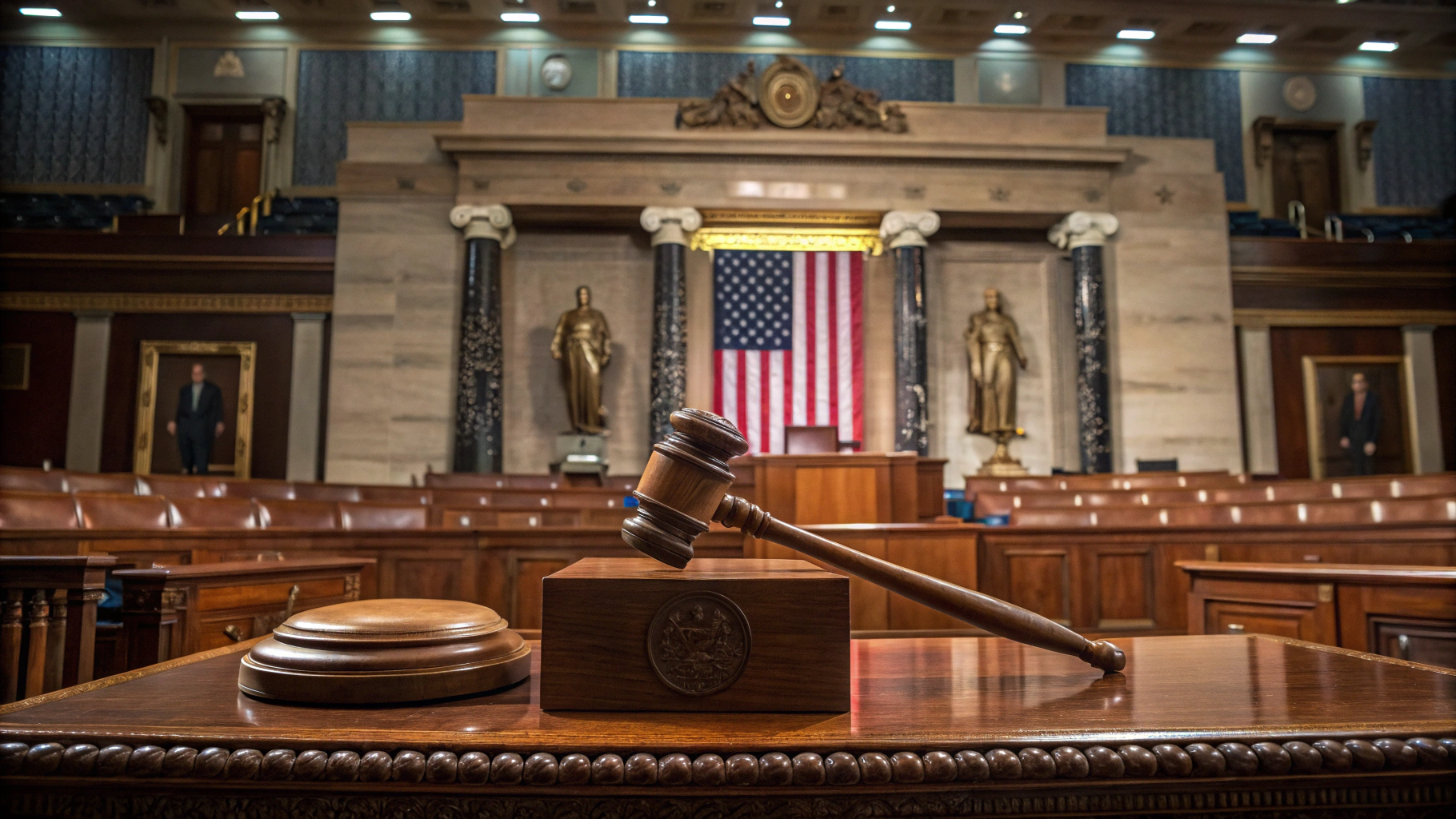




3 comments
Comments are closed.